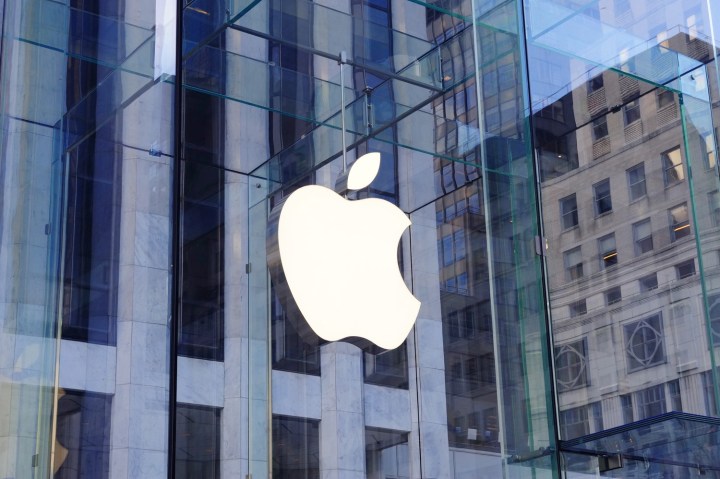
While plenty of businesses currently use social media platforms like Facebook or Twitter to communicate with their customers, Apple is hoping to become the messenger of choice. The new feature will come as part of iOS 11, and with it, customers will be able to open an iMessage window from Safari, Maps, Spotlight, or Siri, and strike up a conversation with you, the business owner. At the most basic level, Business Chat will allow for conversations to take place, but Apple also offers support for other relevant interactions, like appointment scheduling. After all, Apple points out that a number of customer service platforms have already integrated with Business Chat, including LivePerson, Salesforce, Nuance, and Genesys. Customers could even make purchases with Apple Pay via the new feature.
The interface of Business Chat looks familiar, of course. At least, on Apple’s Develop Preview page, it appears that chat bubbles are shades of grey, instead of the customary blue and grey. Otherwise, however, the chat bubble format is the same as it would be for any other chat exchange through iMessage.
Already, you can sign up and apply for early access to Business Chat, though developers can go ahead and preview the feature. If you’re up for it, you can start getting connected, integrating with your contact center, and otherwise preparing for Business Chat’s public release.


